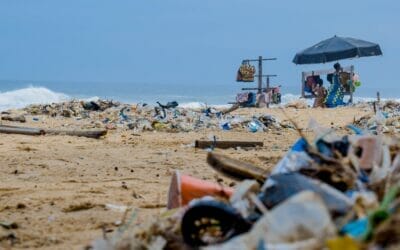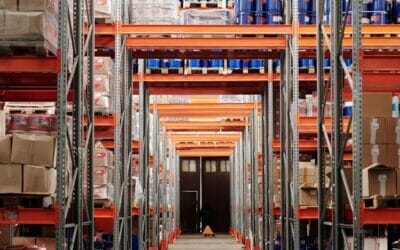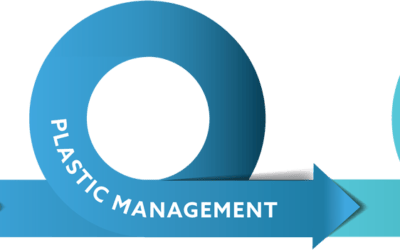Plastics
From some standpoints plastic is an amazing material, it’s generally cheap to produce, can be used to create a wide range of products including sterilizable medical devices. However, unfortunately from a sustainability point of view plastic is not so great. Because it’s relatively cheap to produce it has replaced other more sustainable materials for a variety of products. The environmental impact of plastics on our seas and land has come into focus in recent years – plastic can take hundreds of years to break down, leaching chemicals as they do so. Not only that but plastic may be made from fossil fuels, meaning that it’s got a higher carbon footprint there too.
The Basics

Where To Start?
Case Study
You, your work colleagues, and even family members may well have already begun to reduce the amount of single-use plastic you use. Just think of all the reusable water bottles or travel coffee cups that you see these days! However, your journey to a more sustainable business shouldn’t stop there. In every workplace, there are plenty of different ways in which you can reduce the amount of plastic used. Sometimes it may mean choosing a more sustainable material, and in some cases you may realise that the plastic you thought was essential really is no longer necessary.
The resources on this page are here to help you to think about how you can reduce the plastic used in your organisation so that you can become a greener business.
Resources Library
WWF – Fight Plastic Pollution
WWF’s campaign to Fight Plastic Pollution is clear. Plastics are threatening ocean and biodiversity health globally. Watch this short video and support WWF in asking governments to act on plastic pollution. https://youtu.be/pBCLy4nIHpg
The World’s Plastic Pollution Crisis Explained
National Geographic explains the short history of plastic over the last 100 years, and how we have come to the current environmental plastic crisis. It sets out key facts, areas of harm and types of plastic pollution. The solution is prevention at source. Product...
The New Plastics Economy: Catalysing Action
This report from the Ellen MacArthur Foundation sets out their vision for the future of plastics. With support from large multinational corporations, it pushes for action on innovation and rethinking the plastics industry. Currently 30% of plastics need to be...
A Zero Waste Hierarchy for Europe
Zero Waste Europe presents the new waste hierarchy for Europe - a model for resource management and not waste management. https://zerowasteeurope.eu/2019/05/a-zero-waste-hierarchy-for-europe/
Case Study: Internet Fusion Group – Cutting Plastic Packaging
Find out about how Internet Fusion is using automated packing technology to reduce plastic packaging on customer orders. https://www.youtube.com/watch?v=Rq4P91LaLJ4
Responsible Plastic Management Program
The Responsible Plastic Management Program offers third party certification in plastics reduction in business. They work with a variety of stakeholders to ensure transparency and independent verification. The RPM standard components are: commitment, awareness...
Plastics case study: Elopak
Who is Elopak? Elopak is a Norwegian-based, globally-operational supplier of carton packaging for liquids and beverages. With their environmental and plastics footprint in mind from the outset they are a market leader in the sector. Their standard beverage carton...
Plastics: where to start?
Start small and think big Set an ambitious target for your business to switch to plastic alternatives. You could aim to be a plastic-free business in 18 months and work back from there. Look for the quick wins, for example, getting rid of single use plastics (SUPs)...
Plastics: the Basics
What is plastic? Plastic is a loaded word nowadays, almost synonymous with the fast-paced, throwaway consumer society in which we live. In a relatively short amount of time (the first fully synthetic plastic Bakelite was invented in 1907) our lives have been...

